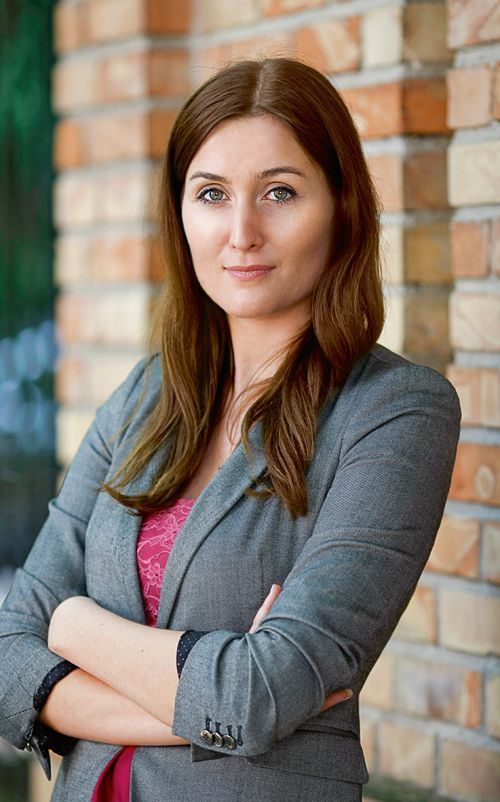The first time I experienced unimaginable heat – or so it seemed to me at the time – was in Greece. As I stood on the hill of the Acropolis, I was sure that there could not be a stuffier city than Athens in the summer and that living there must simply be hell. Several years, a few books and some non-air conditioned editorial offices later, I now know that the Greek heat was not such a tragedy. Looking at the design of the monumental Mall of the World, an artificial city-cum-shopping centre in Dubai which in ten years’ time is to stretch across 4.5 km of the desert as an air-conditioned oasis of hyper-consumerism, I realise that my former understanding of heat – and business – might have been rather inadequate. It’s difficult to believe that the demand from the local market (with currently just over two million permanent residents), will be enough to fill even half of this energy-intensive monster. Of course, the question of where a need ends and a luxury begins might not be





























































